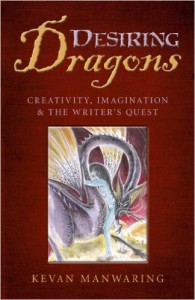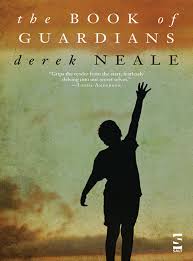‘He had to run. Whatever was about to happen, he didn’t want to find out. This was huge.
Massive. Ginormous. Ginormassivous!
One word ran through his mind, over and over.
Abduction.’
Young Jack Mills lives at Number 5 Winell Road – an exceedingly boring cul-de-sac with a high number of empty properties. Amongst the occupied houses are some unusual individuals – including Petula, an extremely nosey, Grade-A curtain twitcher, who never misses a single event in the road, and the very odd Mrs Atkins who never seems to leave her house.
All remains dull for Jack in Winell Road until a life-changing moment when a circular, silver unidentified flying object makes an impromptu appearance, right in front of his eyes. Suddenly, nothing is dull and everything becomes a potential reason for the arrival of aliens.
Along with the obvious ‘what do aliens want with a twelve year old boy?’ Jack suddenly begins to ask a variety of new questions, including: Why are mysterious cars parked outside two unoccupied, neighbouring houses? What is the significance of the purple-edged, alien collector cards that his father gets for him? Who exactly are the new white-haired neighbours and why are they so unusually tall? Aside from working on totally impractical inventions, such as self-opening windows, why does Jack’s father spend so much time in his office? What on Earth are those strange tapping noises in Jack’s bedroom?
Kate Foster skilfully lays the foundation for a fast-paced adventure in this children’s book, aimed at the nine to twelve reading age. As such, it works perfectly, keeping the action flowing, while introducing the reader to a variety of interesting characters.
As a former English tutor for this age group, what immediately impressed me was the range of vocabulary within each page; a balance nicely given between everyday words and phrases, combined with new words to stretch and improve comprehension and spelling – a task certainly not always easy to achieve.
Kate succeeds in keeping the reader engaged in the action – again, something not always simple to attain. Yet within Winell Road: Beneath the Surface, the reading process is made effortless by good writing.
When I think back to my early reading days, when I first became immersed within exciting fictional stories, I am reminded of what held me glued to each page and how much I wanted to read on. I am also reminded of how memorable these early books were – and remain nearly half a century on. Kate Foster achieves this with ease – hopefully beginning an inspirational journey for many new readers and encouraging them to read more.
‘Three little green men with a story straight out of Hollywood.
How should he play this? Maybe he should just go along with it.
“How do I know that you’re not dangerous aliens?”
A smart question; Jack’s confidence had returned. He looked around the room for signs of a hidden camera.
“Because we are not,” Freond-the-Red said.
Jack waited for more but it seemed to be the end of the answer.
Twitter
Facebook
Editing Website
Author Website
Amazon UK







